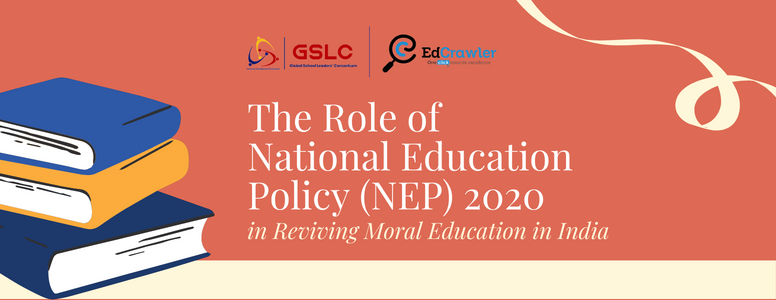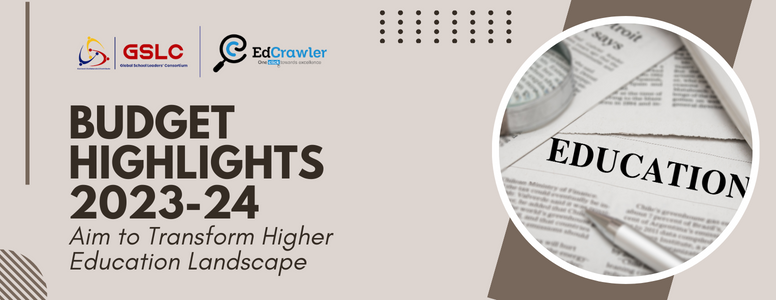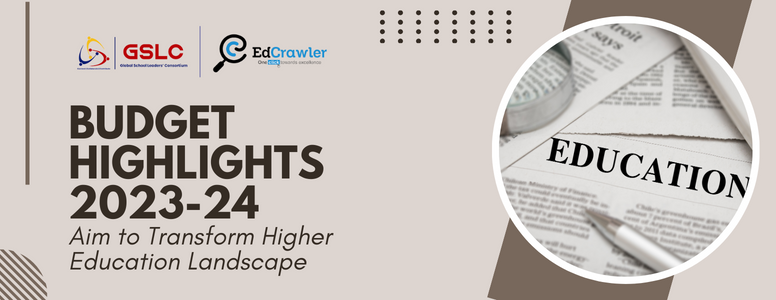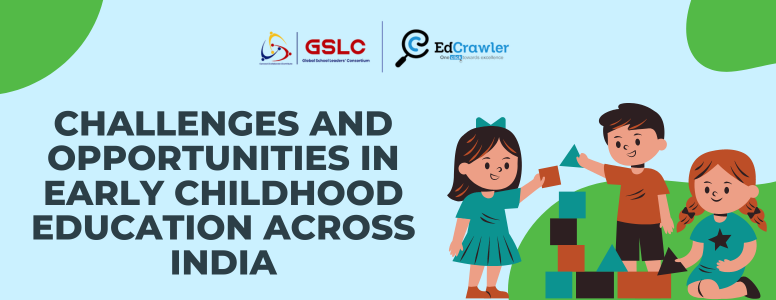Biannual Board Exams Set to Launch in 2024: says Union Minister Dharmendra Pradhan
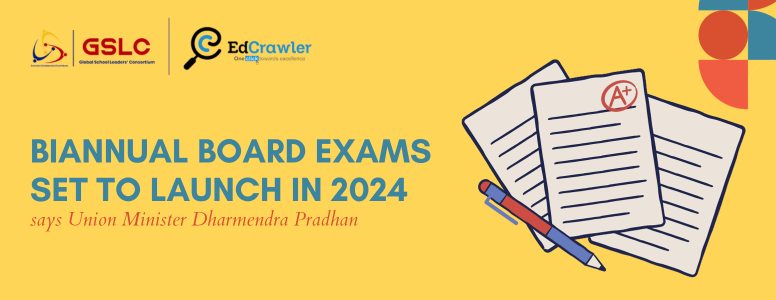
The Union Education Minister, Dharmendra Pradhan, has officially announced the introduction of a biannual board examination format, slated for implementation in the academic year 2024-25. This means that starting from the 2025 board examinations for students in both class X and XII, the new format will be in effect, which is approximately a year and a half from the present time. This format will be applicable to the current class IX and XI students as well.
In a conversation with Manash Gohain from TOI, Union Education Minister Dharmendra Pradhan also revealed that new textbooks for classes III to VI, classes IX, and XI will be prepared for the 2024-25 academic session, with the remainder becoming available in 2025-26.
There is a certain level of confusion among parents and schools regarding the exact timeline for the introduction of the biannual board examination.
This initiative aligns with the National Curriculum Framework (NCF) for schools, which is based on the recommendations of the National Education Policy (NEP) 2020, and has resulted in the development of a new school syllabus.
The NEP outlined recommendations for assessments and exams, and the NCF has meticulously addressed the implementation of these recommendations. The education system is now transitioning into the implementation phase.
Traditionally, board exams were conducted annually at the conclusion of class X and XII. In a significant reform, each of these exams will now be offered twice, though this will remain optional for students. Students can choose to take the exams once or twice based on their level of preparedness, and the higher score will be considered. This change is expected to alleviate the immense stress associated with a single high-stakes exam.
The rollout of the biannual board examination format is scheduled for the academic year 2024-25, which means that it will be in practice from the 2025 board exams for class X and XII, commencing approximately one and a half years from now. Current class IX and XI students will also be subject to this change.
Furthermore, the NEP has proposed a shift to a semester-based system from class IX onwards. Instead of being evaluated based on two years of study (class IX-X and class XI-XII), students will now undergo eight semester-based exams, with each semester covering the content studied in the corresponding time frame. However, this reform will be implemented in the second phase of the examination reforms. Currently, the primary focus is on designing the new syllabus and preparing textbooks for classes IX to XII.
Notable in the NCF are fundamental changes, including the incorporation of "skill" as a regular course. The strength of the new NCF lies in its scientific, needs-based, and skill-oriented approach to education. It envisions an education system that adapts to evolving scenarios while being rooted in Indian values. The central objective of the NCF is to equip Indian students to become global citizens.
To facilitate these changes, new textbooks need to be made available. The duration of schooling has been extended to 15 years, with the foundational cohort comprising Bal Vatika 1, 2, and 3 being formally established. Teaching-learning materials for these classes, as well as for classes I and II, have already been announced. As per the new National Curriculum for school education, textbooks for classes III to VI and classes IX and XI will be ready by 2024, ensuring that all books will be available for preparatory classes and the entry level (class VI) of middle school. Similarly, textbooks for the entry level of secondary (class IX) and senior secondary (class XI) will also be accessible for the 2024-25 academic session. The books for the remaining classes (VII, VIII, X, and XII) will be ready by 2025. This ensures a smooth transition, and starting from the 2024-25 academic year, the new approach to school education will be fully implemented by 2025-26.
The implementation of the three-language formula for secondary education is a significant shift in the school education paradigm. Until now, languages have primarily been treated as subjects. However, the focus is now on using the mother tongue or native languages as the medium of instruction. This approach also allows for the learning of multiple languages. As per the recommendations of the National Curriculum, from class VI to X, students will study three languages, two of which will be Indian languages. In classes XI and XII, they will study two languages, with one being an Indian language. This change will be implemented simultaneously with the new academic calendar.


